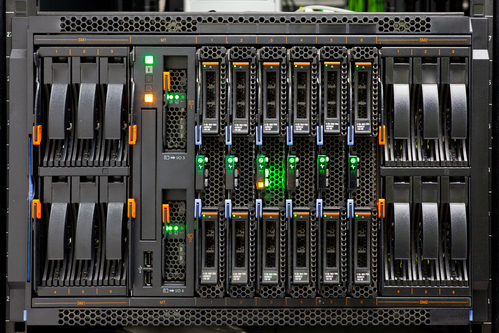Dutch companies’ centralised IT systems ‘vulnerable to cyberattacks’


Dutch companies are at risk of being brought down by power failures or cyber attacks because they are too reliant on centralised IT systems, the national head of counter-terrorism Pieter-Jaap Aalbersberg has warned.
Aalbersberg told the Financieele Dagblad that many large businesses had switched too quickly to digital management systems without putting backups in place. As a result a hack or network failure could stall the entire operation.
In April this year national train operator NS had to suspend the entire timetable for a day after the software managing its central rotas went down, so that staff had no idea where they were supposed to be working.
Three years ago Maastricht University’s classes were frozen by a targeted attack on the central computers that managed its timetables, so students and lecturers were unable to attend classes.
Aalbersberg said the Netherlands was ‘more vulnerable than a country like Germany’ because of the way it had managed the transition to digital systems.
Companies also risk falling foul of new European legislation that requires them to have emergency protocols in place for digital breakdowns, which could lead to fines of up to 2% of their global turnover or €10 million.
Many businesses have failed to create back-up systems or offline administration because of a lack of staff or budget.
‘Many places have diesel generators, but they’re hardly ever tested,’ said Bert Hubert, former chairman of the security services’ oversight committee.
‘You should ask the suppliers of stock control systems things like: can I pull the plug on any given server? If the answer is “no” you can assume you don’t have a functioning back-up system.’
Thank you for donating to DutchNews.nl.
We could not provide the Dutch News service, and keep it free of charge, without the generous support of our readers. Your donations allow us to report on issues you tell us matter, and provide you with a summary of the most important Dutch news each day.
Make a donation